Bridget Jones, the endearingly chaotic heroine who is unlucky in love, is back – but not as many might expect. This is the fourth Bridget Jones film, which adapts the story of the third book in Helen Fielding’s much-loved series (the third film, Bridget Jones’s Baby, was based on the fourth book).
When Bridget Jones’s Diary came out in 2001, our heroine’s low-level eating disorder, neediness and alcohol abuse associated female singlehood with mental instability. In this new instalment, we see an older Bridget with more mature concerns.
The woman we meet in the long opening pre-credit sequence of Mad About The Boy is frazzled, manic and, as we’ve seen Bridget before, given to long bouts on the sofa communing with a bottle of white wine. However, this time she’s not down because love eludes her but because she had a wonderful love and lost it. Our once bubbly singleton has been reconfigured as a subdued widow with two young kids.
Mad About the Boy starts several years after the death of Bridget’s husband Mark Darcy (Colin Firth). While echoes of melancholy endure throughout, once in its stride the film does reestablish the reassuringly comical coordinates of the Jones-verse. At its best, it offers the brilliant one-liners and set pieces to be expected from its star writing team – including Dan Mazer (Ali G, Borat) and Abi Morgan (Shame, The Iron Lady) as well as Fielding herself – served up with a good dose of Bridget Jones’s signature slapstick.
Looking for something good? Cut through the noise with a carefully curated selection of the latest releases, live events and exhibitions, straight to your inbox every fortnight, on Fridays. Sign up here.
Embracing the usual trappings of popular feminism, Mad About the Boy champions body positivity and romantic optimism for middle-aged women. It is the latest in a growing genre of story that affords older female characters active sexual identities, including by pairing them up with younger partners. Think of the Sex and the City reboot And Just Like That, the Nicole Kidman corporate kink romance Babygirl or the romcom Good Luck Leo Grande (starring Emma Thompson, who plays a wry gynaecologist in Mad About the Boy).
The most interesting consideration in updating the Jones franchise for the 21st century comes from its interrogation of internet dating practices: a classic source of humour in stories about Generation X rejoining the dating game. This is most memorably mined in the novel and series Fleishman is in Trouble. Watching the trailer you might expect Mad about the Boy to centralise Tinder. But this proves a bluff.
The app leads to the relationship between Bridget and the film’s eponymous “boy”, Roxster, which is initiated in emphatically physical terms when he rescues her from a tree. This scene was full of nods to the famous shot of her backside sliding down a fireman’s pole in the original film. While the connection is consolidated over a dating app, this relationship quickly regains IRL contours as they engage in passionate sex.
In a self-aware gesture towards the franchise’s debt to Jane Austen’s Pride and Prejudice, Bridget brings up the findings of sociological research on dating apps while talking to her friends about why she’s not met anyone IRL yet. Apps, such as Tinder, provide the illusion of a dating life without ever having to engage in the messy business of actually meeting someone, let alone having sex Bridget argues. She backs this up with the research that suggest this removal of intimacy during the courting stage is not dissimilar to the marriage mart in Austen’s Regency England where young, eligible women were essentially “on display” for men.
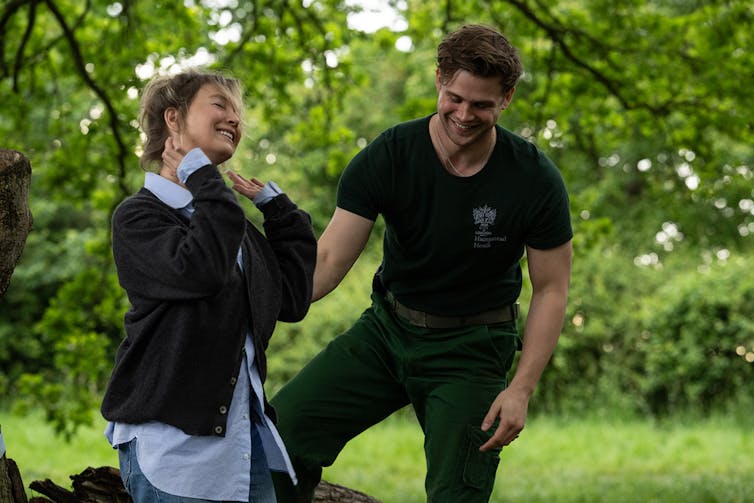
Universal Pictures
At the end of the day, Roxster ghosts Bridget and she is left anxiously checking her phone, drinking alone again and obsessing. This, however, is the old Bridget Jones. Even though the boy does eventually come back, Bridget ends up taking the advice from one of her perennially supportive friends to “let him disintegrate into nothingness”. Symbolically rejecting the flakiness that comes with digitising human relationships, Bridget mirrors society’s increasing disenchantment with dating apps.
The idea of spending time on concrete and lasting relationships underpins Daniel Cleaver’s (Hugh Grant) narrative arc too. With no “kin” he can draw on to put down as an emergency contact, his close friendship with Bridget ends up counting all the more.
At the heart of this film is a strong validation of real connection, understood in terms of corporeality, dependability and also emotional intelligence that cannot be reproduced by dating apps and their algorithms. Likewise, it considers the broader climate of romantic and social crisis in today’s culture, as birth rates plummet and more people live alone and suffer from loneliness. Friendship and family, whether blood or chosen, are just as important here as romance.
Zellweger is effervescent and Hugh Grant gives a show-stealing performance as devilish Lothario-with-a-heart Cleaver. It’s great to see old Bridge back and not so mad after all.
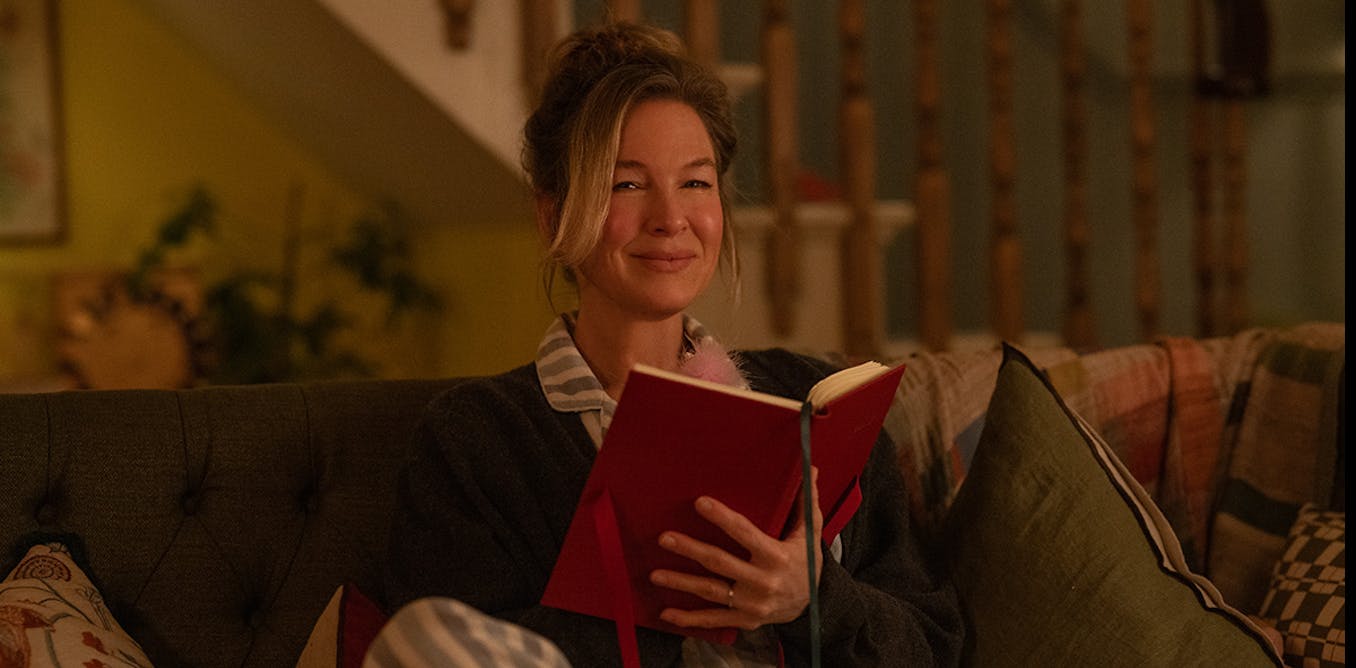
The post “Mad About the Boy – our favourite frazzled English woman is back but life’s more complicated” by Mary Harrod, Professor of French and Screen Studies, University of Warwick was published on 02/14/2025 by theconversation.com






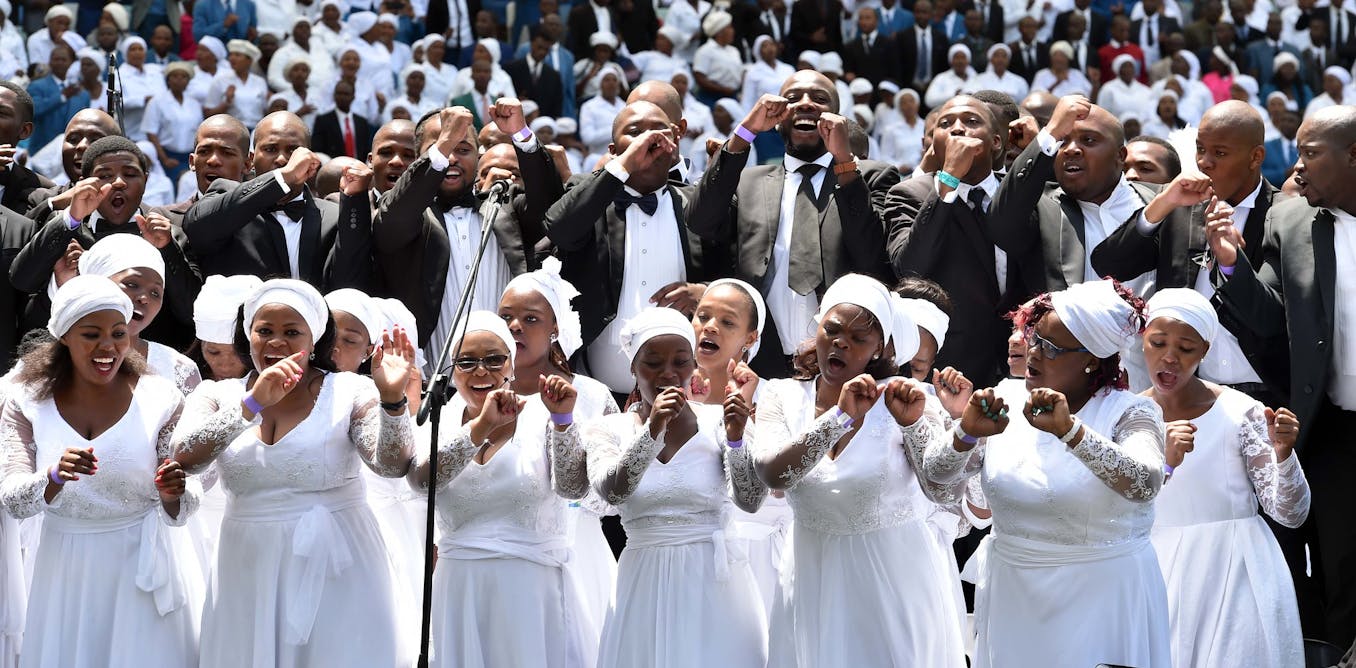



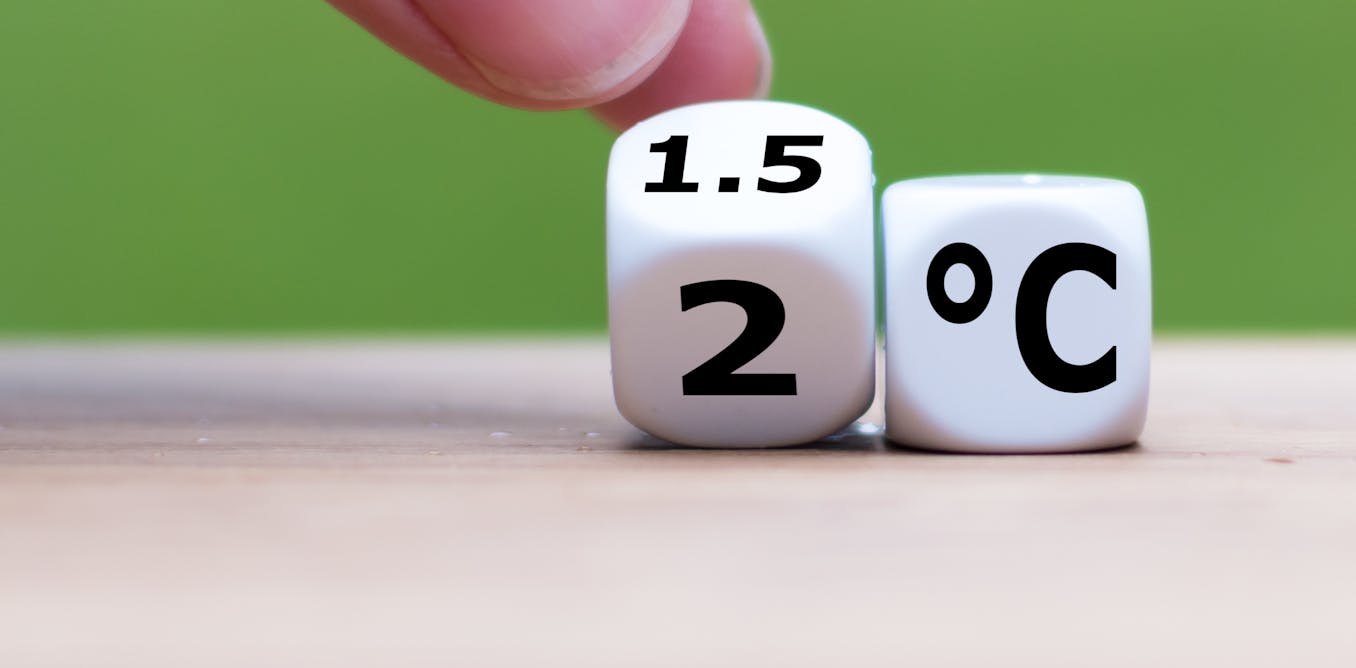


























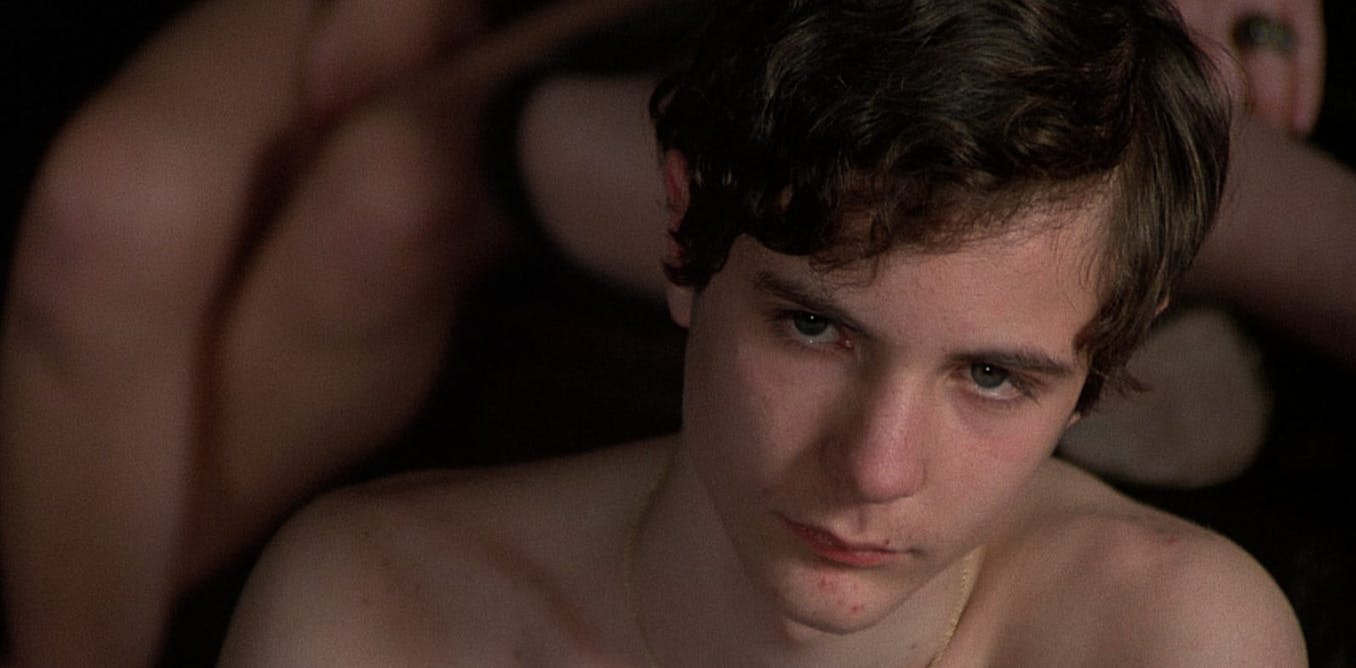
Leave a Reply